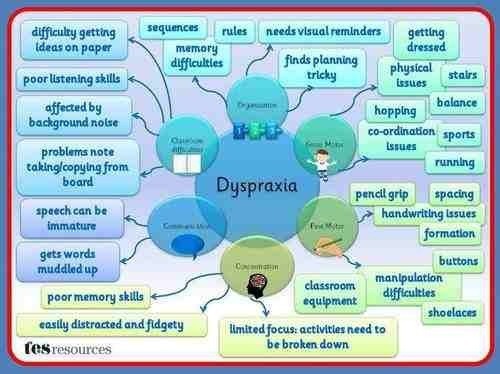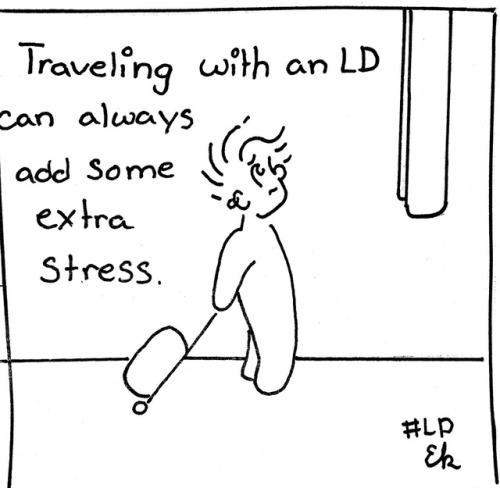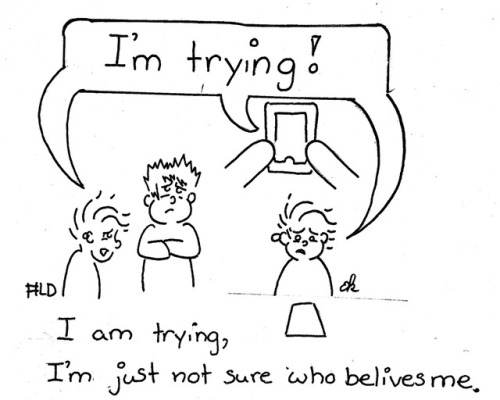#dyspraxia
just neurodivergent things: when your teacher tell you you should spend less time on computer so you’ll have prettier handwriting, but you know not spending time on computer won’t change anything because you’ll still be Dyspraxic.
dyspraxia is wild because you get so used to working around the things that are difficult for you that you sometimes completely forget that other people can just… do that… without effort… without falling over… without getting overstimulated… they just do it… just… like… that. Wild.
MAG165 had some of the best poetry I’ve ever heard, all the character interactions felt rewarding and not!sasha was just the right kind of creepy but the true monster of the week is auditory processing.
Can I get a whoop whoop from all my neurodiverse folks who stared at their phone in frustration while skipping back through the episode a million times?
Neurodiversity and learning new crafts
Learning crochet:
Remember when I asked for good crochet resources for beginners a while ago? You’ve all been amazing! I found a lot of good tutorials thanks to all of your replies.
I’ve been slowly working my way through the basic crochet stitches. I had a hard time turning off my knitter’s brain at first, but I think I’ve finally gotten around to how crochet works and am now making steady progress.
Neurodiversity and new skills:
Neurodiversitycan make picking up skills like these a difficultprogress for me. I’ll get hyperfixated on learning something new thanks to my ADHD, but when my dyspraxiamakes things difficult I’ll drop it like a brick. I’ll then feel like a failure for having dropped it, but can’t get myself to try again because my executive functioning regarding the skill I was trying to learn just gets worse the longer I wait.
I wanted to share these difficulties because I know how isolatingit can be when you’re trying to learn something new and your experiences don’t match up with those of others. This can be a huge barrier to picking up new skills, and deserves more attention. If any of this sounds familiar, know that you’re not alone.
After years of repeating this cycle, I know how to recognise it and how to deal with it when it happens. I take things slow and put my project asidewhen it gets frustrating, but make sure to pick it up again later once I’ve calmed down. I try to learn from my mistakes, but also celebrate my successesno matter how small. I switch learning methods when something doesn’t work for me, make sure to use sensory-friendly materials, and keep remindersaround of how far I’ve come for when I feel down about my progress. I also constantly remind myself of the fact that being able to see the mistakes I’ve made is not a sign of failure but one of progress. Spotting mistakes used to drain my motivation but has become something that makes me feel good about myself over time, because being able to identify them means my skills have improved.
Most of my practice samples up until recently were tangled messes. I froggedthem so I could reuse the yarn to try again. I’ve now gotten to a point where I can take some pride in the fact that I’ve got the bare basics of crochet down. I’ve kept my most recent samples instead of frogging them: they’re far from perfect, but that’s exactly why I want to keep them. I will store them in a box so I can look at them in the future, cringe a little, feel pride over the fact that I stuck with it, and appreciate the progress I’ve made since.

[ID: seven wonky crochet samples made in red yarn. Four samples were made in single crochet, half double crochet, double crochet, and treble crochet. The other samples are a flower, a granny square, and a square consisting of filet stitches.]


Ryan from Doctor Who is an autistic trans boy with dyspraxia!
Here are some tips for autistic people who hate brushing their teeth.
Brushing teeth can be a struggle for autistic people of all ages.
When I was a kid, I hated it and lied to get out of doing it. It took me until I was around 9 or 10 years old to finally learn to brush and floss by myself, and up until that point my parents had to do it for me- often while physically restraining me (otherwise I would try to run away because I hated it).
My parents never really investigated why I hated brushing my teeth, and I didn’t have the vocabulary to articulate or identify what was so repulsive about it. So instead, I got punished for lying about it and fighting them to get away from it. That led to countless meltdowns that could have been avoided.
So, here are some tips for those of you who, like me, have issues with brushing your teeth:
- Identify sensory aversions. What are the sensory reasons why you hate brushing your teeth? Is the toothpaste too strong, too minty, a weird flavor, too smooth, or too grainy? Is the toothbrush too rough, too soft, too loud, too big, too small, too short, or too long? Do you hate the feeling of something non-edible being in your mouth?
- Identify motor skills challenges. Do you have trouble moving the toothbrush around your mouth? Do you accidentally brush too hard or too softly? Do you accidentally knock the hard part of the brush against your teeth?
- Get creative to solve for sensory and motor challenges. For example, if the toothpaste is too strongly flavored and you keep unintentionally knocking the hard part of the brush against your teeth, buy milder toothpaste (perhaps a non-mint flavored kids’ toothpaste) and purchase a brush that has a smaller head with softer bristles. If you have trouble spitting out toothpaste, buy some that doesn’t have fluoride in it so that you can swallow it.
- Make the process fun! Is there some sparkly toothpaste that looks fun to you and makes for a good visual stim? Try it out. Is there a toothbrush that has your favorite colors on it, or that includes an image related to your favorite character or a special interest? Buy it! But remember that you have to avoid sensory issues, so only buy something if you know you’ll be willing & able to use it.
- Use a timer so that you know when to stop brushing. Sometimes it helps to know what to expect, and how long you need to be brushing for. Generally speaking, it’s good to brush your teeth for around 2 minutes. There are some very stimmy liquid timersyou can buy, to make the process more fun!
- Start the process slowly. If you have severe sensory issues that can’t be controlled and you haven’t been able to find solutions, you don’t need to force yourself to endure a full 2 minutes of brushing. Maybe you can start by just brushing with water for 30 seconds. Once you’re comfortable with that, move up to 1 minute with water. Then, 2 minutes. Once you’re at 2 minutes, add a tiny bit of toothpaste. Over time, work your way up until you can handle the full amount of toothpaste for 2 minutes.
Remember that physically brushing your teeth is much more important than using toothpaste. Even if you can only use water, that’s better than not brushing at all, because it still removes plaque and food particles.
And if you really can’t handle the toothbrush itself but you’re okay with toothpaste, you can still put some toothpaste on a wet washcloth and rub it over your teeth.
Even if you can’t or won’t brush your teeth in any traditional way, make sure that you’re using some method (like a toothpick) to clean in between your teeth and remove plaque from their surfaces.
Over time, I’ve become more sensitive to the negative sensation of plaque on my teeth, which has turned teeth brushing into a positive experience. However, I sometimes still avoid using toothpaste because I find the flavor or texture too overwhelming in the moment. If I don’t use toothpaste in the morning before going somewhere, I chew on a piece of mint gum instead so that my breath doesn’t smell.
Experiment with what works best for you, and know that it’s okay if your process looks different than other people’s. Cleaning your teeth in some fashion is much better than not cleaning them at all.
~Eden

Flashback Friday: Originally posted July 14th, 2019
When I made this comic I had zero idea what dyspraxia, let alone that I had it. It’s so nice to have an answer to my clumsiness now.

The frist in the series of #LDhack!
Caption: #LDhack- I have an app on my phone that puts notes on my on my home screen. So whenever I open my phone I can see what I’m meant to be remembering.
By thatinnovertedartist
Disclaimer: These ideas don’t belong to me, but was shared as comments to another comic with the idea that they would be turn into a comic series. I just did the art work.
As a student with an LD this was always one of the worst ways to out me to the rest of the classroom.
Post link
I went traveling ago weeks back and there are some aspectsI find harder because of my ld. One of the ways I coped with this was asking people to read the names of signs out load to me so I could make sure I was in the right place.
What are some ways you coped while traveling with your ld?
Post link
Last year I felt like a broken record. I would Apologize and try to explain that I was indeed trying but after a while I wasn’t sure if anyone believed me or if they though I would say anything to get off the hook.
This year I’m continuing to work on self forgiveness and not to let other’s opinions affect me so much.
Post link






